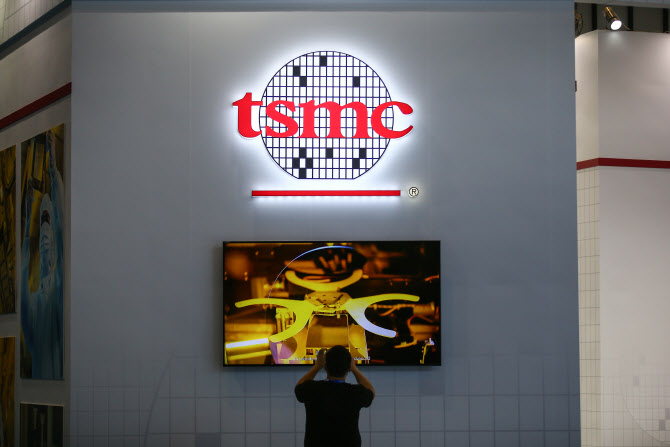|
[이데일리 김보겸 기자] It is reported that TSMC, the world’s largest semiconductor foundry company, is considering raising the price of automotive semiconductors by up to 15%. It is believed that this is due to the lack of supply enough that major governments such as the US, Japan, and Germany requested the Taiwanese government to increase semiconductor production.
On the 26th, Nippon Geizai (Nikkei) reported that TSMC is expected to raise the price of automotive semiconductors step by step from the end of February to March. After raising prices for some products in the fall of last year, it appears to be raising prices again.
The background of the price hike is the global semiconductor supply shortage. Also, the increase was also caused by the increase in the Taiwanese dollar by 6% compared to the US dollar over the past year.
Earlier, the shortage of semiconductors became serious, and NXP, the second and third largest companies in the Netherlands, and Renesas of Japan announced plans to increase prices one after another. Nikkei said, “The successive price hikes in the short term show that the power to determine semiconductor prices has shifted from automobile manufacturers to semiconductor manufacturers.”
TSMC’s 15% price hike is unusual, Nikkei pointed out. It is common for automakers to demand a 2-3% price cut in the name of cost reduction, but this time, the position has changed. Nikkei evaluated that “the seriousness of the shortage of semiconductors can be seen.” There is concern that automakers, which are semiconductor end-users, will face the double grief of a shortage of semiconductor supply and an increase in manufacturing costs.
In the industry, it is predicted that it will take at least half a year before the shortage of automotive semiconductors is resolved. Due to the serious shortage, the governments of major countries such as the United States, Japan, and Germany requested the Taiwanese government to increase semiconductor production at an unusual rate.
Nikkei pointed out that not only automobiles, but also home appliances such as computers, saw a semiconductor shortage, which could lead to a rapid increase in prices.
Meanwhile, semiconductors are serving as Taiwan’s favourites. Taiwan has been growing semiconductors as a national project since the 1980s. In the 2000s, the information technology (IT) revolution took place and the market environment changed rapidly, but Taiwan did not close the semiconductor business. After the conflict between the US and China, the US sanctioned SMIC, the largest semiconductor producer in China, and Taiwanese semiconductors gained reflective profits. TSMC’s emissions in the fourth quarter of last year increased by 25% compared to the previous year and net profits soared 50%.

